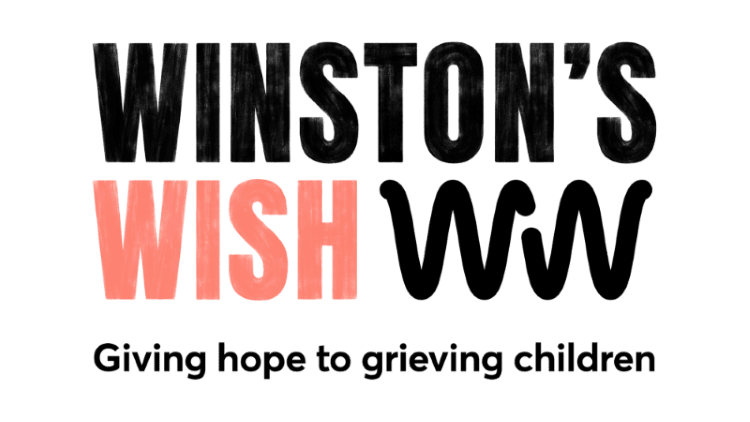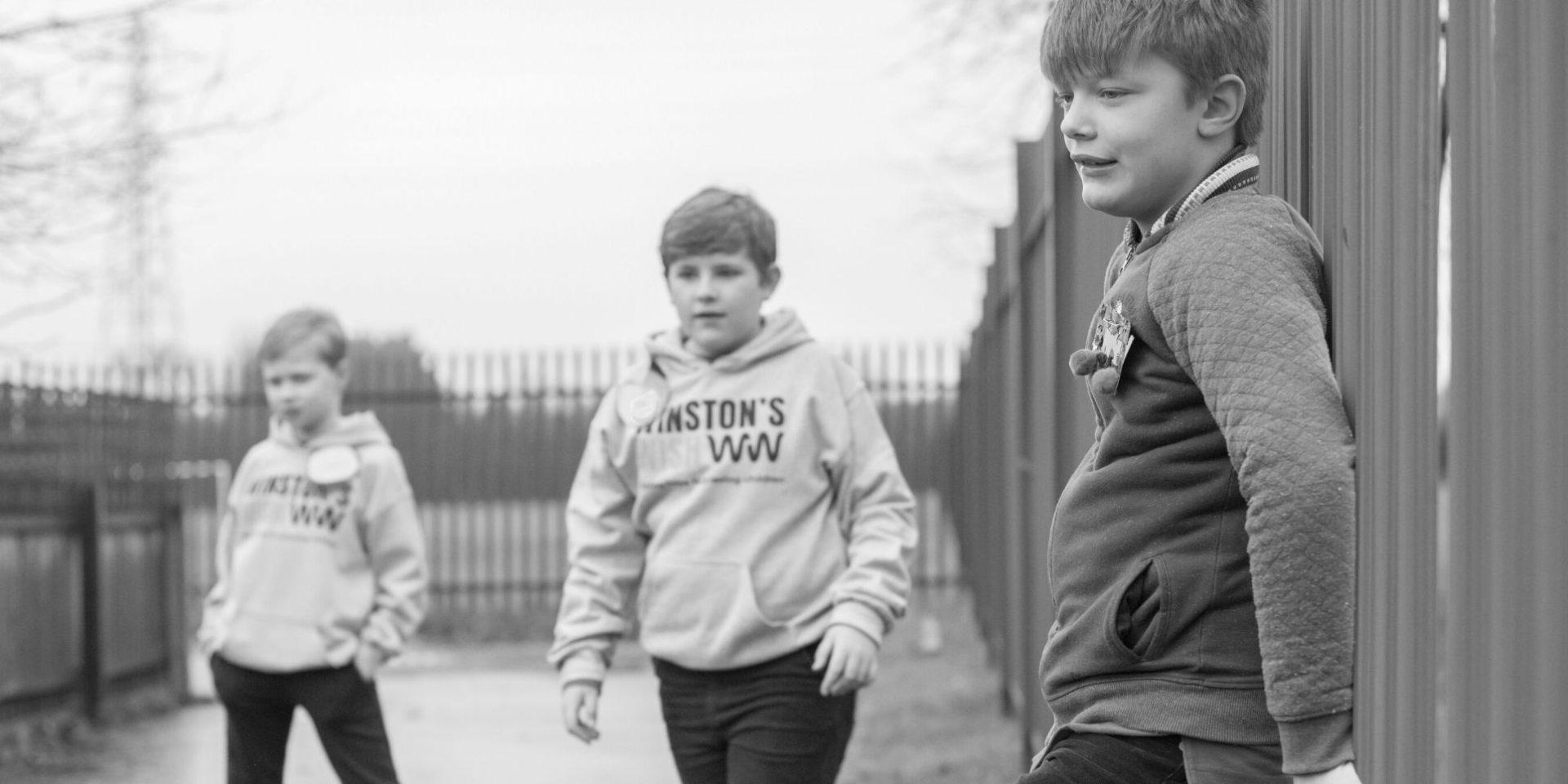It is natural for a parent or carer to want to protect their child from pain after the death of an important person, especially a death by suicide. You may be tempted to tell your children that the death was an accident but, from our experience, it is better to try and be open and honest from the start. Here are a few reasons why:
Telling them is the best way to protect them
Your natural instinct will be to want to protect your child. However, from our experience of supporting families, we know that an honest explanation the facts, in language appropriate to a child’s age, given by people they can trust and who will continue supporting them is the best protection you can give your child. Knowing the facts and feeling supporting will empower your children to be self-assured and to counter any rumours and gossip they may hear. Being enabled to ask questions and express emotions will help them process their thoughts and feelings.
They might find out another way
A suicide can quickly become public knowledge with police visits, an inquest, media interest and social media. Your child may find out online, in the news or by overhearing conversations rather than from you. If they find out this way, they may feel that they can’t share this information or talk about how it makes them feel.
They might feel they are to blame
Children are very perceptive and they know that somehow things don’t add up or make sense. They become aware of things not said or an atmosphere of secrecy or silence and can come to believe that whatever is wrong is somehow their fault. Shame and guilt can intensify in this environment, and not knowing its source means it cannot be named or talked about.
It will help them become more resilient
Children are more likely to grow up into well adjusted, resilient adults if they develop in an environment of openness and truthfulness, where both good and difficult events can be shared and reflected upon. In our experience of supporting children, it is those children who have grown up not knowing the truth about a suicide who are most likely to struggle.
It can improve your relationship with them
Although it is a very difficult conversation, children who are told about a suicide are more able to name it, talk about it, reflect on it and integrate it into their understanding of life. Many parents say their children develop a greater maturity as a result of these conversations and feel they have a better relationship with their children. Children develop a sense of trust and security that is a good basis for all their growing up.
It can help you too
Telling your child will not only help them, it will also help you to relate to them in a less guarded way. Many people say they feel better themselves after an honest conversation with their child about a suicide.
How can I tell my child when I don’t understand it myself?
When we don’t understand why a suicide has happened ourselves and we can’t find the right words to talk about it or express how we feel, talking to children about a suicide can seem like an impossible task. We may worry about upsetting them, or saying the wrong thing, or somehow damaging their childhood. A few simple guidelines can help you navigate this difficult journey:
- Don’t feel like you need to have all the answers – you won’t! You may have as many questions as your child and that’s ok
- Tell them what you do know in simple words and a few sentences and let your child know that you also have lots of questions and that you will continue to share information with them when things become clearer
- Talk to your child in words you know they understand. Think about it as a translation. How can I translate what I want to say into words they understand? Keeping it simple helps.
- You know your child better than anyone else. Try and hold in mind what their everyday experiences are and how they understand the world around them. This is the context in which they will hear your words.
- Remember that this is an ongoing conversation which can be returned to and built on over time. An honest start, however simple, will make this much easier
- Don’t beat yourself up as a parent. This is painful for you too and you need to look after yourself in order to be able to do your job as a parent.
Where to get support
If you need advice on talking to a child about a death by suicide, you can call our Freephone Helpline on 08088 020 021 (8am-8pm, weekdays), email us on ask@winstonswish.org or use our live chat.
Our Winston’s Wish Crisis Messenger is available 24/7 for urgent support in a crisis. Text WW to 85258.
Other articles you might find helpful

Feelings and thoughts
From numbness and shock to guilt and anger, our experienced team explain some of the complicated feelings and thoughts that children may experience following a death by suicide.

Supporting children after a traumatic death
When someone in your life dies, feelings of grief can be overwhelming. These feelings may be even more difficult to handle if the death is traumatic, sudden or violent.


